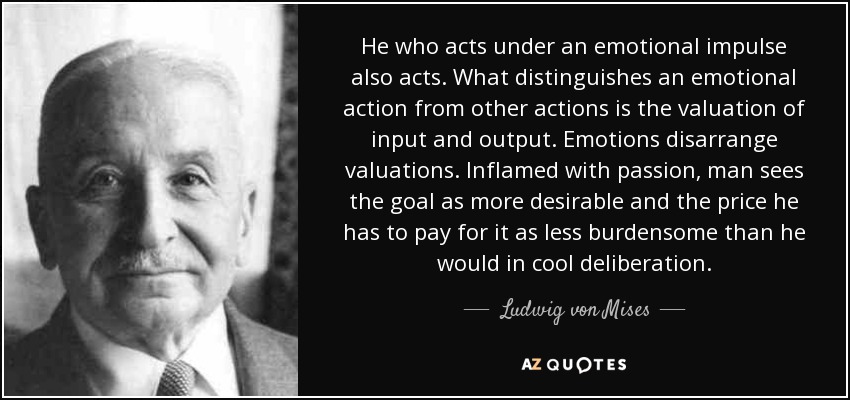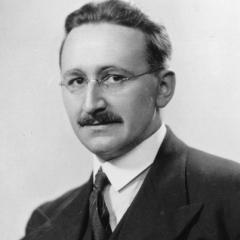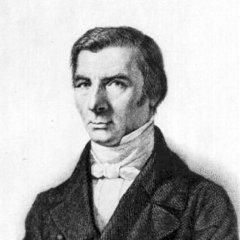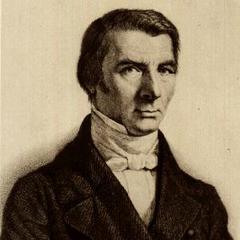Ludwig von Mises Quotes - Page 19
Quotes about:-
-
 He who acts under an emotional impulse also acts. What distinguishes an emotional action from other actions is the valuation of input and output. Emotions disarrange valuations. Inflamed with passion, man sees the goal as more desirable and the price he has to pay for it as less burdensome than he would in cool deliberation.
He who acts under an emotional impulse also acts. What distinguishes an emotional action from other actions is the valuation of input and output. Emotions disarrange valuations. Inflamed with passion, man sees the goal as more desirable and the price he has to pay for it as less burdensome than he would in cool deliberation.
-
Ludwig von Mises
- Born: September 29, 1881
- Died: October 10, 1973
- Occupation: Philosopher
- Cite this Page: Citation




























